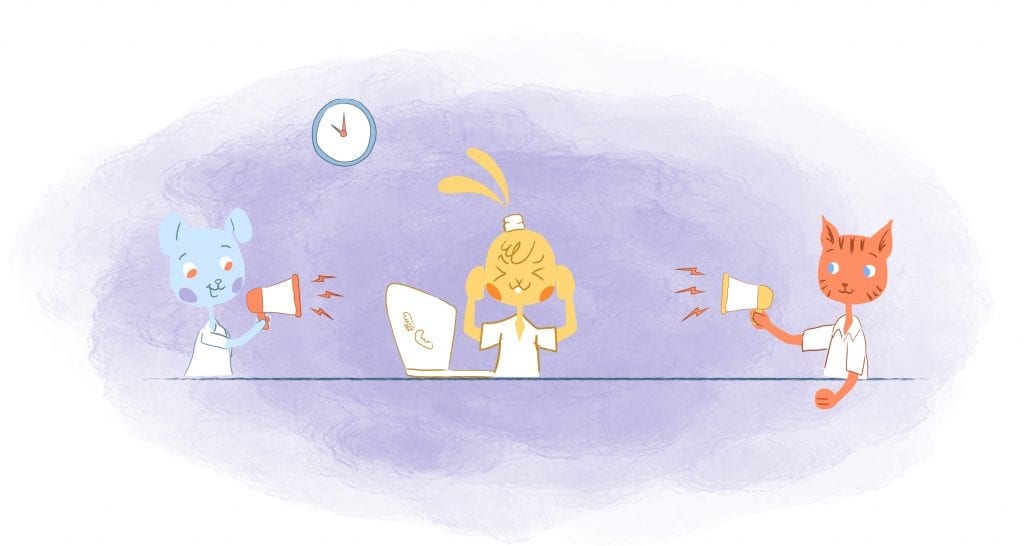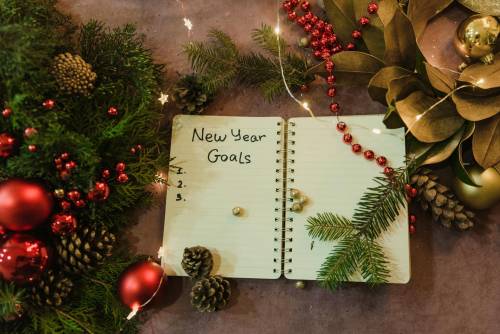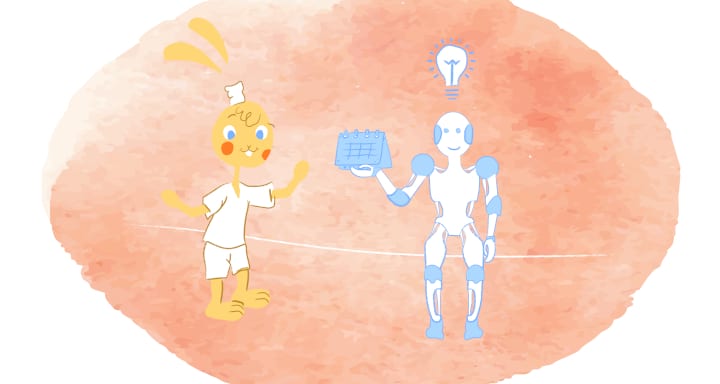

How many hours do you dedicate to work each day? Do you ever feel like you just didn’t get enough done given all the time you had?
The core culprit is likely distractions. An overwhelming 95% of people are getting distracted during the workplace and it’s costing companies millions. The average person can’t focus for 2 to 5 minutes without being distracted so this can have a serious negative effect on your productivity during the day.
Being less distracted throughout the day can make you feel better about your productivity and progress. It can also help you get better results and reach your goals quicker. Here are a few best tips to follow when trying to minimize your time spent distracted each day.
Set Your Phone on ‘Do Not Disturb’
Your smartphone can be a top daily disturbance believe it or not. If you don’t really need your phone throughout the day, put it on do not disturb mode or airplane mode. This will silence all notifications so you won’t be alerted when someone comments on your status on Facebook or when a shocking news article is published.
Sure, you won’t be the first to know about breaking news each day, but you’ll also get a ton of stuff done in the meantime so you can truly rest and detach when you’re done working for the day.
You may even want to take it a step further and delete social media apps from your phone as well. I deleted the Facebook app a few weeks ago and it’s done wonders for me. I download it when I need it to post in my groups but for the most part, I only go on Facebook one or two times per day when I used to open the app 10+ times per day on average.
If you do need your phone for work, you can assign certain ringtones or notification sounds so you’ll know when certain people are trying to get in touch with you.
Limit meetings
Attending or hosting meetings can be super helpful, but only when done efficiently. In my business, I don’t really make any money by having meetings although they can provide clarity on a few things.
This is why I like to limit meetings and only schedule them when absolutely necessary. I tend to push meetings back on my schedule to later in the week. This helps me free up more time during the start of the week to do productive work so I feel more accomplished.
Depending on what type of work you do, daily meetings may not be necessary. Limit meetings to once a week or once a month if you can. If you do have to have daily meetings, try to schedule them during your downtime and not when you feel most productive and least distracted. The other people on the meeting will help hold you accountable to remain sharp and focused.
As you work independently for the rest of the day, however, you can easily lose focus due to distractions.
Don’t Obsess Over Emails
Trying to instantly respond to every email is a losing game. Set a rule to specify how often you want to check email each day and how soon you want to reply. Some people opt to reply to or address every email within 24 hours. You may want to limit this to 12 or even 6 hours. It’s up to you, but you don’t have to stalk your inbox each day.
To eliminate email distraction, you can set up an autoresponder to help address people’s inquiries automatically. This can also be used to let people know when they can expect a response from you so it sets a realistic expectation.
Set aside specific times of the day to check your email and practice efficient email etiquette so you’re not going back and forth with the same person each day. Personally, I like to be very direct and clear in my emails so I can answer questions and address the topic at hand usually in one to two messages. I’m also very thorough and make sure I address each part of their email whether it involves answering a question, providing advice, or offering a resource. This way, I’m not talking to the same person all day long.
Come to Work Prepared
If you already know what distracts you, come to work prepared to avoid the distractions. If noise bothers you, bring headphones and have a productivity playlist ready to go. If you find yourself snacking often, prep some healthy snacks to munch on during the day.
Like to catch up with coworkers? Get to work a few minutes early to chat by the water cooler. If you get distracted by clutter, tidy up your workspace each day before you leave work.
Being honest with yourself and getting organized and prepared will help you be able to combat work distractions easily.
Work in Time Blocks
If you feel like your work is taking up more time than it needs to be, I’d highly recommend time blocking. With time blocking, you give yourself a specific time frame to do a specific task. Essentially, there is no room for distractions and the deadline will prompt you to be focused on achieving your goal for the moment.
I time block throughout my day and give myself little rewards in the form of short breaks. For example, after I finish an important project, may get up and walk around or talk to a friend online. Or, you may want to give yourself some social media time during your lunch break.
If you intentionally work in short breaks into your daily schedule, you’ll be less distracted when it’s time to work.











Choncé Maddox
Choncé Maddox is a professional writer who recently left her job in the web design industry to produce killer content and manage her own writing business full time. She is passionate about helping entrepreneurs be more productive and create a life they love by doing fulfilling work. On the side, she runs a podcast and blogs about getting out of debt at MyDebtEpiphany.com.